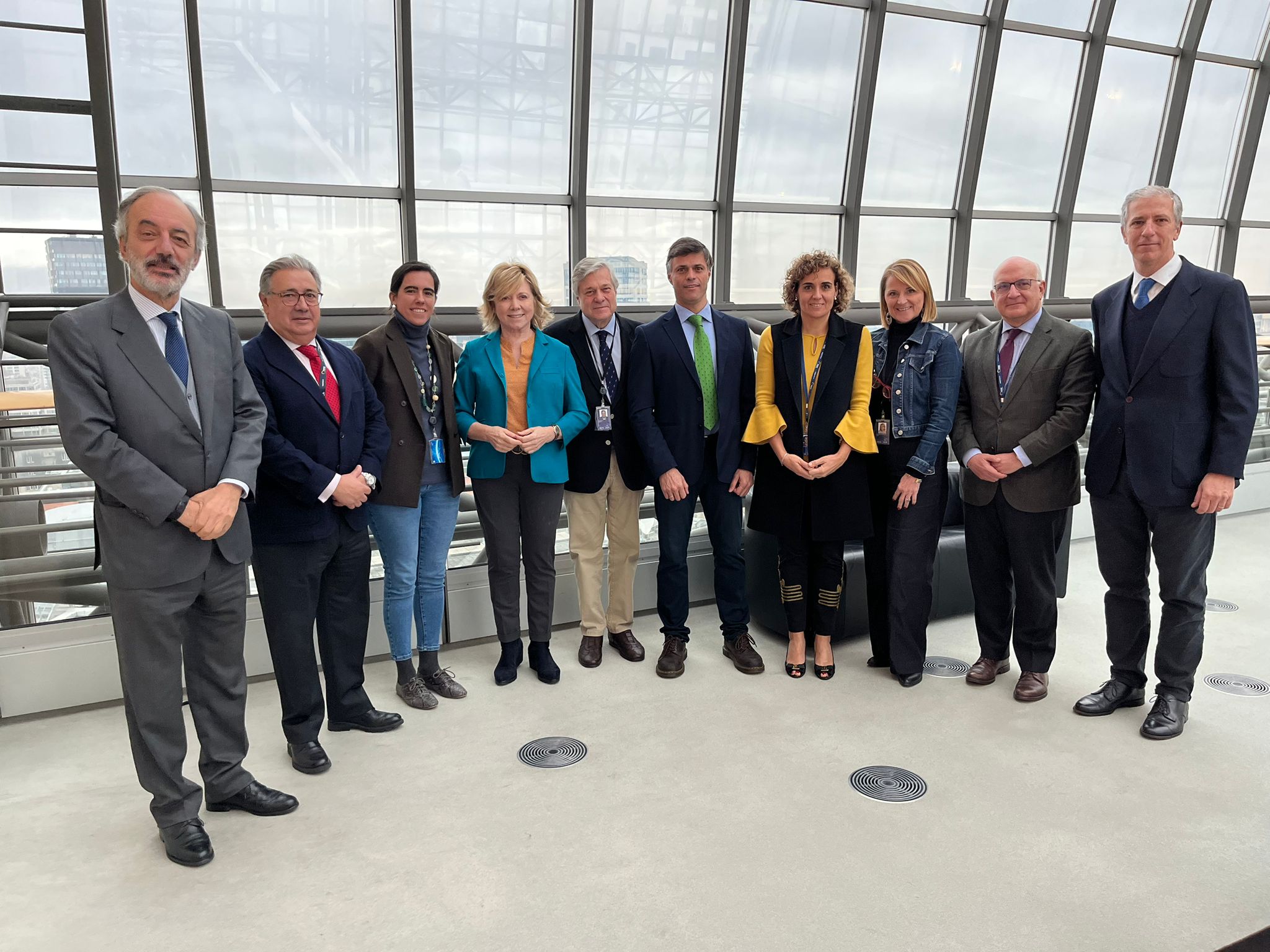VISIT OF LEOPOLDO LÓPEZ MENDOZA IN THE EUROPEAN PARLIAMENT

Leopoldo López Mendoza is a prominent political figure and opposition leader to the Venezuelan government. He was the leader of the Voluntad Popular party in 2014, when he was arrested, tried and convicted for having allegedly instigated the violent protests on February 12, 2014. His “crime” was fighting for freedom and democracy in Venezuela. On September 10, 2015, the Venezuelan court found him guilty of public incitement to violence in the 2014 demonstrations, a highly controversial statement by the United Nations High Commissioner for Human Rights, who called for the release of all those detained in the protests. During his imprisonment, Leopoldo López endured mistreatment and appalling conditions. He remained under house arrest until the uprising against Nicolás Maduro in 2019, where he was released. However, after the failure of said uprising, López took refuge in the Spanish embassy in Caracas until October 2020, when he managed to escape from Venezuela, and traveled to Madrid, where he currently resides.
López, awarded the Sakharov Prize in 2017, is a benchmark in the fight for freedom in Venezuela. On the occasion of his visit to the European Institutions, Leopoldo López met at a working lunch with the Spanish delegation of the European People’s Party on November 29. Likewise, López participated in an event under the motto “Support for parliamentary democracy around the world: fostering democratic resistance.”
In addition, Leopoldo López presented his book “Preso pero libre” at the European Parliament bookstore, a collection of diaries he wrote in prison, and in which he recalls the high price he paid for daring to confront the Maduro regime.
Leopoldo López currently organizes several conferences through the World Congress of Freedom (WCC), an initiative created in conjunction with global democratic leaders of freedom and human rights. The main objective of the Congress is to bring together pro-democracy leaders and movements under autocratic regimes, to learn from and support each other in specific action-oriented areas. In addition, the CML focuses on political, strategic, financial, and legal support for movements and leaders that align under four principles: free and fair elections, the rule of law, respect for Human Rights, and restoration of liberty and security. democracy.
